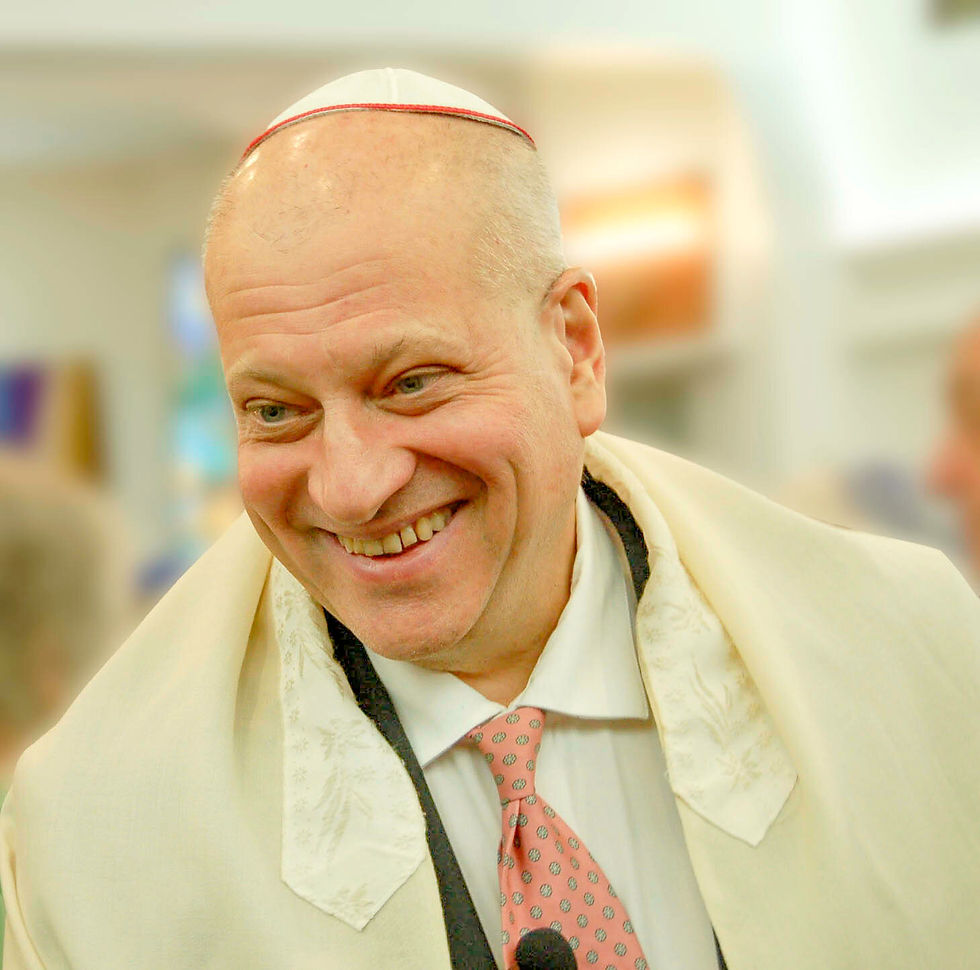Our Upcoming UPB Service
- danaevankaplan
- May 4, 2017
- 2 min read

This coming Friday night, May 5th, we will be having our quarterly Union Prayer Book Service. Each service has focused on a different set of prayer books that are all part of classical Reform tradition. We did a service using Rabbi David Einhorn’s Olat Tamid. This was one of the earlier American prayer books, so early that it was originally published in German and Hebrew. It was only in the 1890s that it was reprinted with English and Hebrew.

This prayer book was considered a theological representation of what was called “Radical Reform”. It was characterized by theological clarity and consistency. To this day, Rabbi Einhorn is considered one of the great thinkers of American Reform Judaism. His two sons-in-law, Rabbi Kaufmann Kohler and Rabbi Emil Hirsch, carried on his religious vision.

Rabbi Kaufmann Kohler
We also did a service using the 1892 original Union Prayer Book (UPB). This was the earliest UPB, which was heavily influenced by Isaac Mayer Wise, whose philosophy was called “Moderate Reform”. The 1892 UPB was edited by Rabbi Isaac Moses of Milwaukee, whose brother, Rabbi Adolph Moses, and his nephew, Rabbi Alfred Moses, were both rabbis here in Mobile. What is fascinating about this prayer book was that it was withdrawn from circulation by the Central Conference of American Rabbis. Two or three years later, a new edition was issued, which was used until it was revised in 1940. There was then a third revision in 1961.
The service we are going to be using is based on the Union Prayer Book Sinai Edition, Revised. This is the prayer book published by the Society for Classical Reform Judaism, which is led by Rabbi Howard Berman of Boston.

The Society for Classical Reform Judaism is attempting to preserve the unique features of Classical Reform Judaism while updating it in most of the areas that one would expect. What it does do is seek to preserve the grace and poetry of the UPB by building upon the past rather than replacing it.

The language of the Sinai edition is gender neutral and contemporary, but there are exceptions made for the readings, such as the 23rd Psalm. The Sinai Edition is based on the 1940 UPB, which appeared before the Holocaust and the establishment of the State of Israel. It also occurred before most of the contemporary social changes in the United States, including women’s rights, increasing intermarriage, the civil rights movement, gay rights, and many others.
This is a prayer book that is fascinating for all the reasons mentioned above and we hope that it will appeal to many of those grew up with the 1940 or the 1961 UPB. The service will be conducted in the sanctuary with greater formality and solemnity as appropriate for a UBP service. We look forward to seeing you there.




Comments